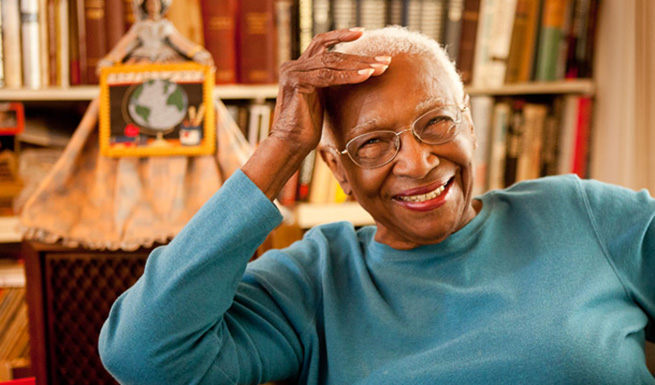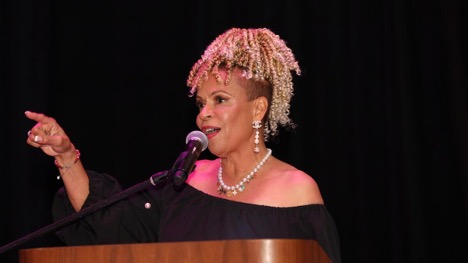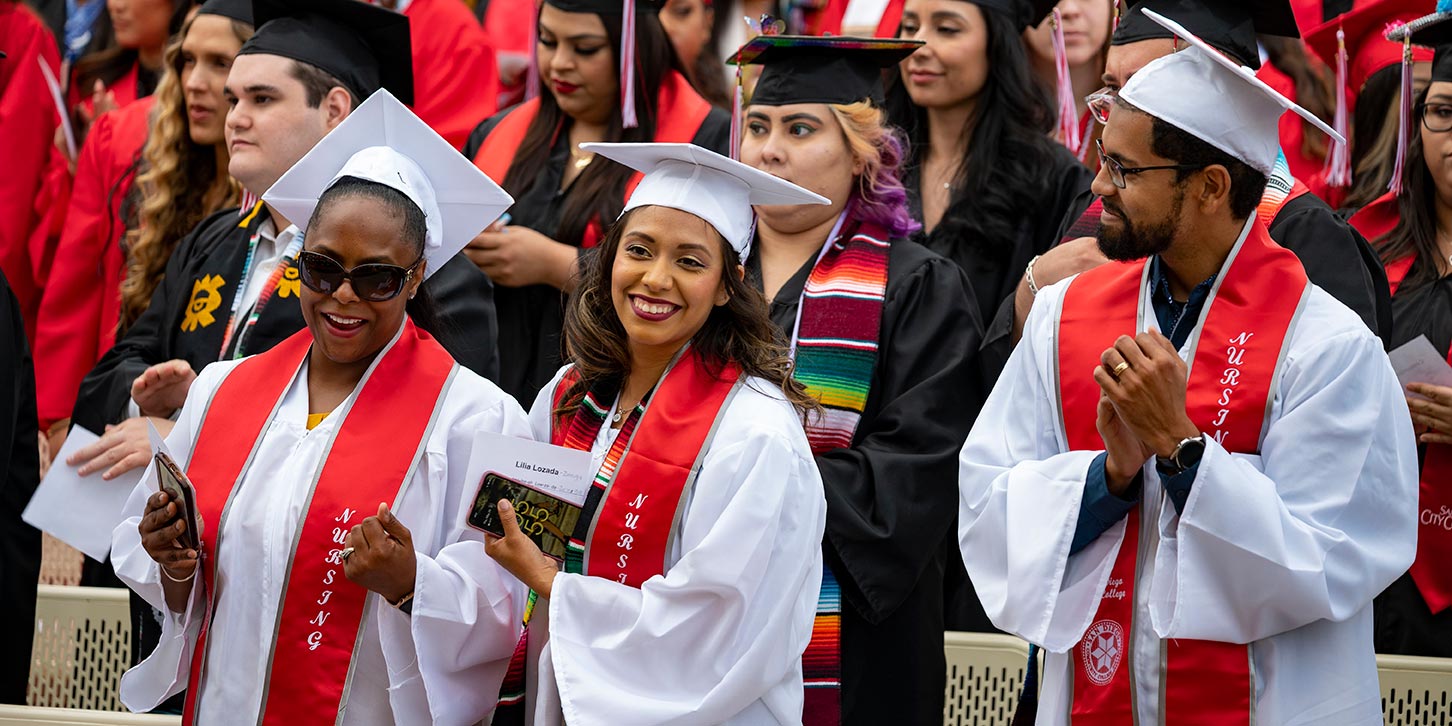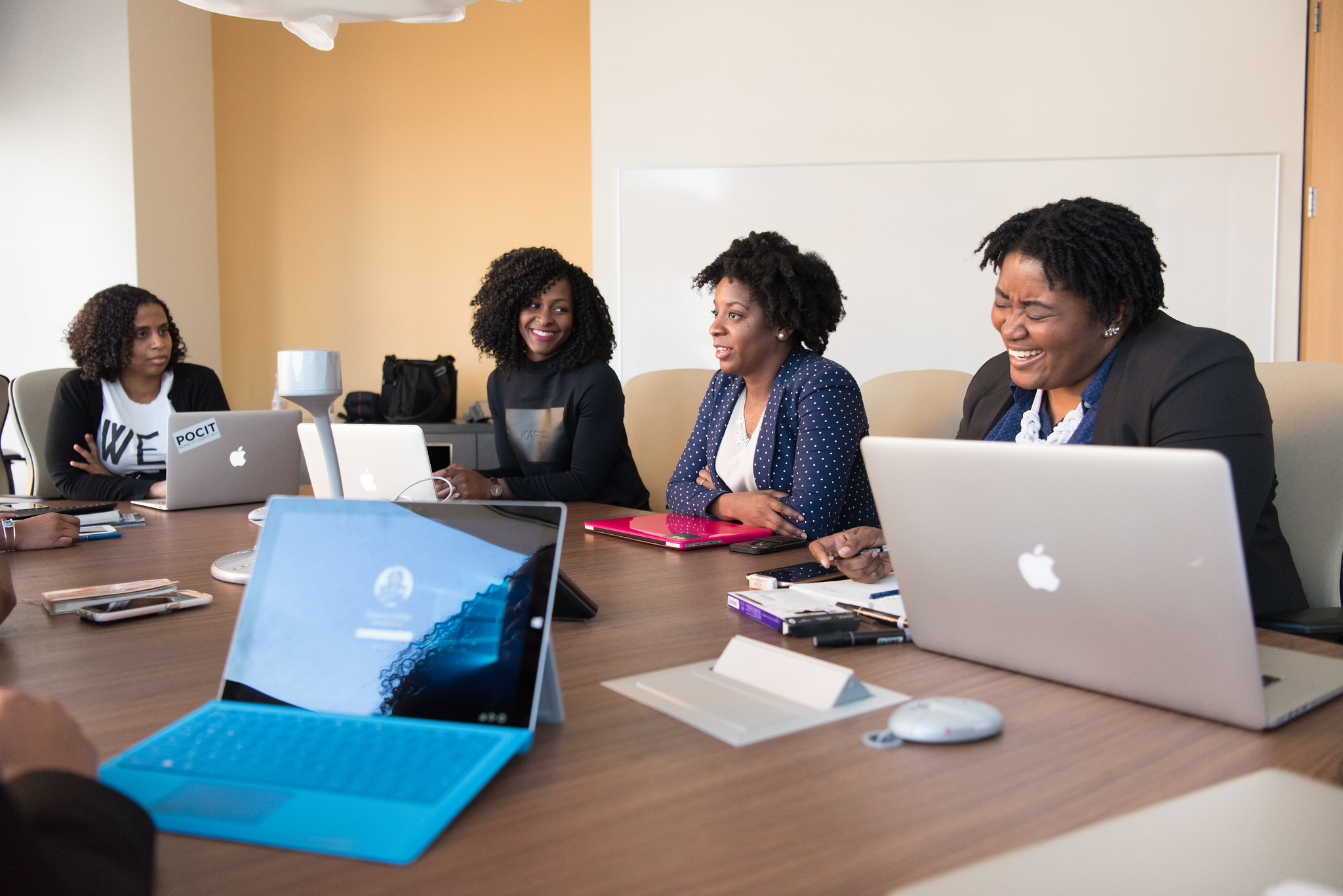Established in September 2020, The San Diego Foundation Black Community Investment Fund prioritizes and invests in community-led, innovative efforts that increase racial equity and generational wealth for Black San Diegans. Co-founded with the Central San Diego Black Chamber of Commerce, the fund will focus grantmaking on four key pillars impacting economic prosperity among Black San Diegans: Education, Employment, Entrepreneurship and Housing.
This four-part blog series will examine each pillar with the fund’s advisory council experts.
For the final post in this series, we spoke with chairperson of the Housing pillar, Xiomara Arroyo.
The economic opportunities generated from owning a home are vast, making homeownership a key component of building wealth. Benefits of owning a home include the opportunity to build equity, saving on the otherwise sunk cost of rental payments, and many other potential tax and societal benefits.
Jewell Hooper and her older sister Carrine knew these benefits, and moved to San Diego in January 1957 with hopes to leave behind the segregated Black neighborhoods of southeast Washington, D.C. A friend told them that Black residents could live anywhere in San Diego if they had the money.
Unfortunately, racially discriminatory housing practices have contributed to defining San Diego’s demographic landscape. Hooper and her sister were faced with a bitter reality that San Diego, too, was a segregated city in the 20th century when they were repeatedly denied temporary stays at vacant motels up and down El Cajon Boulevard while searching for a permanent home.
Explicit restrictions and unspoken understandings established very clear rules for where Black people could live in San Diego, and many lower-income or BIPOC (Black, Indigenous, People of Color) families found community in southeast San Diego after industrial manufacturers arrived and drove wealthier white families north.
“For many, owning a home in America is one of the largest assets that they own,” shared Xiomara Arroyo, Vice President of Social Impact and Sustainability at Wells Fargo here in San Diego.
The Housing pillar of the Black Community Investment Fund seeks to support initiatives that help Black San Diegans build generational wealth and achieve homeownership.
“To address the entire scope of economic disparities and grow wealth for Black San Diegans, it’s imperative that we include homeownership.”
Historical and Present Housing Disparities
Arroyo says that housing has always played a key role in her life. Thanks to mentors and family members who encouraged her to take advantage of low home prices during the end of the great recession, she purchased her first home in her early 20s. This paved the way for her to start building generational wealth at a very young age.
Data from the 2019 Survey of Consumer Finances shows that the median homeowner has 40 times the household wealth at $254,900 compared with household wealth of $6,270 for a renter. According to the same survey, the median family wealth of white families is $188,200, compared to Black families’ median wealth of less than 15 percent of that number – $24,100.
Similar disparities can be found at the local level. According to a report from the Center on Policy Initiatives San Diego, white median household income in 2018 was $89,415 compared to Black median household income, which was $55,810, despite Black median household income increasing by 16.3% between 2017 and 2018.
“Historically, Black Americans faced several barriers that not only prevented them from home financing, but also prevented Blacks from living in certain neighborhoods,” shared Arroyo, noting that even after the passing of the Fair Housing Act of 1968, many Black individuals and families lacked access to homeownership, faced years of unfair lending practices, and experienced racial segregation.
Redlining in the San Diego region intentionally segregated San Diegans by race and created neighborhoods, like southeast San Diego where Jewell and her sister eventually found their home, that were underserved. Racial biases also fueled the undervaluation of properties in Black neighborhoods, resulting in limited access to quality education, health care and competitive wage-paying jobs.
Neighborhoods that were predominantly redlined and restricted to low-income and BIPOC communities continue to experience less wealth, greater poverty, increased health challenges and shorter life expectancies.
“These circumstances and disparities have a significant role in the obstacles and barriers that Black San Diegans have faced over the years when it comes to equitable practices in homeownership,” Arroyo emphasizes.
Hope for Equitable Homeownership Opportunities
With the support of generous donors, community leaders and nonprofit partners, the Black Community Investment Fund Housing goals are to help at least 40-50 families purchase a home by the end of 2022, support 250 people with financial coaching classes, and to assist at least 40 participants with increasing their credit scores by a minimum of 30 points.
Success to Arroyo in the short term looks like more Black families achieving their homeownership goals. Long term success would be the elimination of the racial biases that BIPOC community members face when attempting to access products, services and opportunities.
“I am hopeful that the Housing pillar will create opportunities for Black San Diegans to build wealth through the attainment of homeownership,” Arroyo shares.
“I am also optimistic that our private, public and policy leaders will continue to work together to ensure we revisit structural and societal barriers that have become perpetual obstacles in the economic and social prosperity of Blacks in San Diego and across America.”
About Xiomara Arroyo
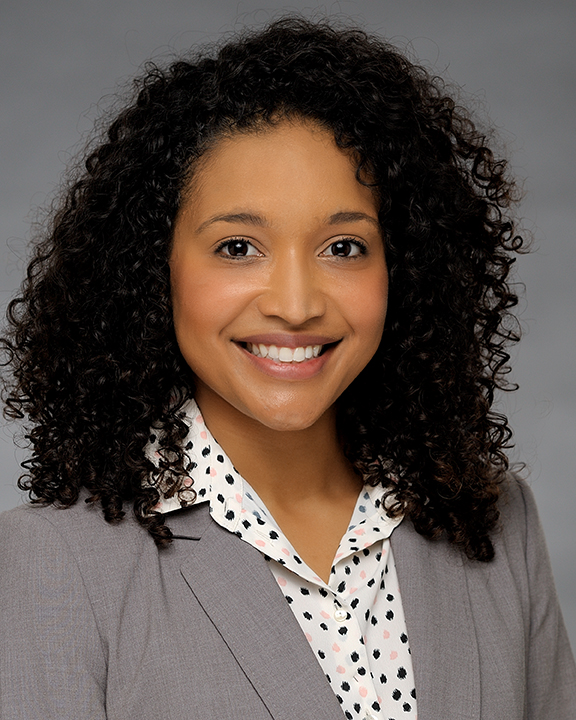
In the early 1990s, Xiomara Arroyo, Vice President of Social Impact and Sustainability at Wells Fargo, moved with her family to San Diego from San Bernardino County as her parents wanted to relocate in a neighborhood that could create greater economic prosperity. After a humble upbringing in the rural areas of North County, Arroyo later moved to San Marcos to pursue an undergraduate degree in business management from California State University San Marcos.
Growing up in a low-income household, Arroyo recalls often talking about finances, and the importance of saving and higher education. It was no surprise to her family when she started a career in the financial services industry in 2005 with a passion for helping others manage their assets, save for their future, and pursue their own economic prosperities.
Sixteen years after joining Wells Fargo Bank, Arroyo is still very passionate about servant leadership and encouraging economic prosperity for others, currently holding the position of Foundation Manager for the San Diego and Imperial County areas. She is responsible for the effective implementation of Wells Fargo’s philanthropy programs, investments, and line of business engagement strategies in the San Diego region.
Arroyo is a North San Diego County NAACP Distinguished Woman of Color Award Recipient and received the San Diego Urban League Whitney M. Young Diversity and Equity Award. In her free time, she is studying for graduate school exams as an EMBA graduate student (22’) at UCLA or spending time outdoors with her husband and daughters.
